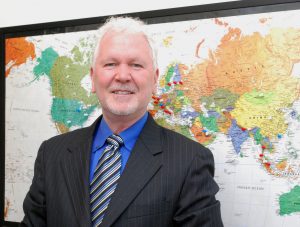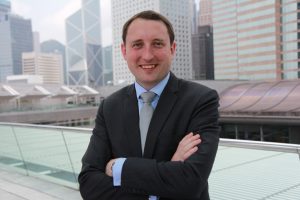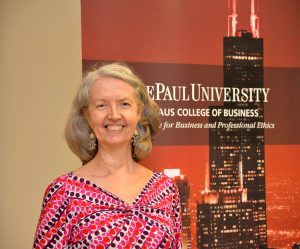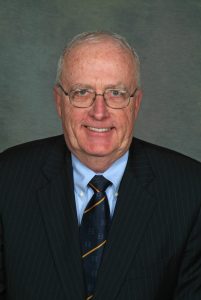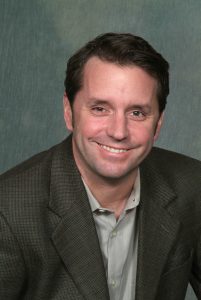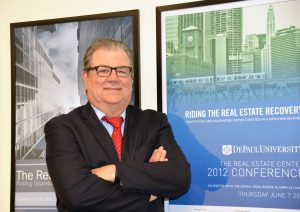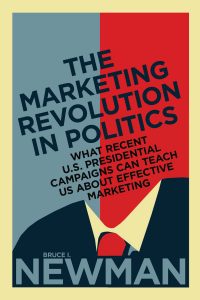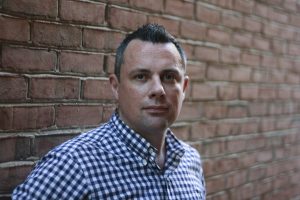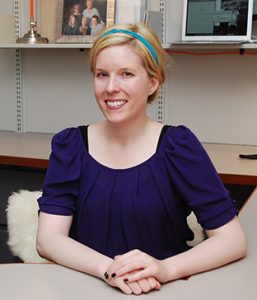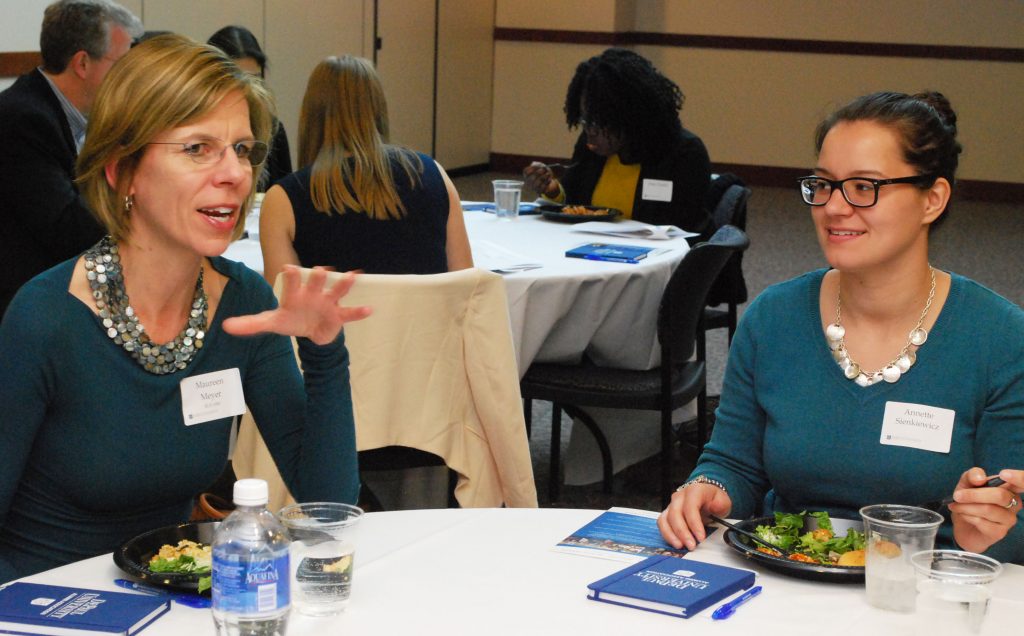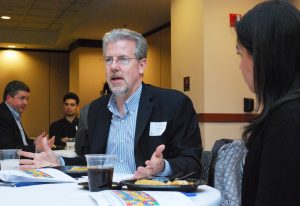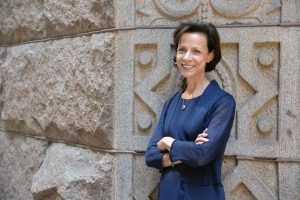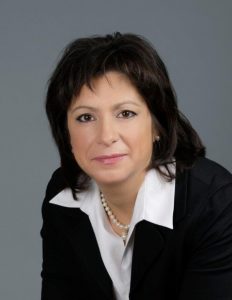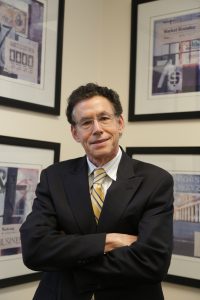
The growth of the global marketplace is changing not only how business is conducted, but also how it is taught. Employers increasingly seek to hire graduates who possess international business knowledge, global experience and the ability to work in multicultural environments. As a result, the Driehaus College of Business has made it a strategic priority to teach business from a global perspective. To achieve this goal, our college is bringing the world into our classrooms and our classrooms to the world.
Our students acquire a global view of business through professors who incorporate their international experience into lessons, executives from multinational organizations who speak on campus, and study abroad opportunities that provide students with firsthand exposure to business practices around the world. Our classrooms also have become a rich environment for cross-cultural business discussions because our students come from more than 40 countries. They include hundreds of students from China who have chosen to study business on our Loop Campus in recent years, as well as Middle Eastern professionals who are pursuing DePaul MBA and MS degrees in Manama, Bahrain, thanks to our partnership with the Bahrain Institute of Banking and Finance. In our cover story, you’ll meet alumni who have emerged from these international initiatives to succeed as global-minded business leaders.
As we begin another academic year, the Driehaus College of Business continues to seek ways to expand our portfolio of global education opportunities. We recently embarked on a number of initiatives that support international education at DePaul and entrepreneurship in Qatar. For the second consecutive year, DePaul MBA students will have the opportunity to enroll in an international business seminar that culminates in a week-long educational trip to Qatar. Our newly opened Sheikh Faisal bin Qassim Al-Thani Center for Entrepreneurship in the Middle East, supported by a generous gift from the Sheikh, is planning a number of new programs that will bring high-potential Qatari startups and entrepreneurs to DePaul to learn from our faculty, network with our students and connect with the Chicago entrepreneurial community. We’ve also submitted a proposal to the Supreme Education Council of Qatar to launch a DePaul MBA program in Doha.
Meanwhile, we are poised to begin a new partnership in Southeast Asia, where high-growth economies are fueling demand for graduate business education. We recently signed a memorandum of agreement with an education partner in the Philippines to offer an MBA program in Manila. The proposal is currently being evaluated by the Council on Higher Education in the Philippines, with a target date to open in 2016-2017.
Such partnerships abroad bolster our business education programs at home by opening the door to more student exchange programs and faculty research and development opportunities around the world.
Ray Whittington
Dean, Driehaus College of Business
